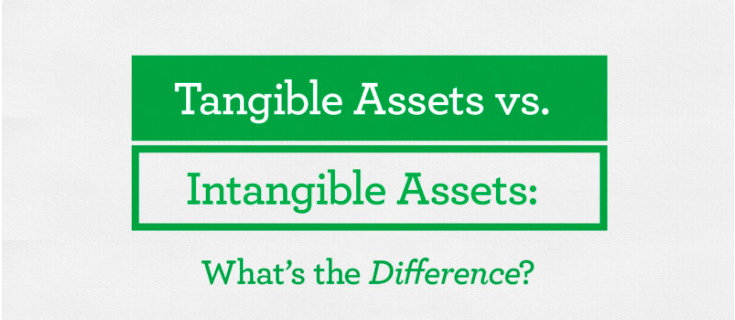
How Estate Surveyors and Valuers Determine Property Worth
Determining the true worth of a property requires more than just guesswork or comparing surface features. It’s a technical process carried out by trained professionals known as Estate Surveyors and Valuers (ESVs). These experts apply tested principles, professional standards, and market insight to estimate the fair value of land and buildings for various purposes, such as sales, purchases, taxation, insurance, and financing.
In this article, we break down how estate surveyors and valuers arrive at a property’s value, and why their role is essential in any real estate transaction.
Who Is an Estate Surveyor and Valuer?
In Nigeria and many other countries, Estate Surveyors and Valuers are certified professionals regulated by a recognized body—in Nigeria, that’s the Estate Surveyors and Valuers Registration Board of Nigeria (ESVARBON). Their responsibility is to provide independent, objective, and reliable opinions on the value of properties.
Steps Involved in Determining Property Worth
1. Property Inspection
Every valuation begins with a thorough physical inspection of the property. This includes checking:
Property type and size (e.g. residential, commercial, industrial)
Building condition and structural integrity
Number and functionality of rooms
Quality of finishes and fixtures
Land size and topography
Accessibility and frontage
This step helps the valuer understand the physical attributes that influence market perception and utility.
2. Legal and Title Verification
Valuers assess the legal status of the property:
Is the title registered?
Are there any encumbrances or disputes?
Is the land government-owned or private?
Issues with land documentation or title can significantly reduce a property’s market value or make it unsellable in some cases.
3. Market Research and Data Analysis
Valuers conduct market research to compare the subject property with similar properties that have recently sold or are currently listed. This includes:
Location-specific trends
Average price per square meter
Rental rates (for investment property)
Demand and supply factors
This data helps in selecting the most suitable valuation method and making informed adjustments.
4. Choosing the Appropriate Valuation Method
Depending on the nature and use of the property, one or more of the following methods may be applied:
Sales Comparison Approach: Comparing recent sale prices of similar properties.
Income Approach: Used for rental or income-generating properties; based on net rental income and a capitalization rate.
Cost Approach: Calculating the cost to replace or reproduce the building, minus depreciation, then adding the land value.
Residual Method: Often used for development land, where future value is estimated and costs subtracted.
Investment Method: For commercial properties, considering yields and returns over time.
5. Adjustments and Reconciliation
Valuers apply adjustments based on differences between the subject property and comparable properties. For example, if a similar property has a better location or newer features, the valuer will adjust the value accordingly. They also factor in:
Property age
Renovation history
Environmental or infrastructural development in the area
Unique features or defects
After comparing results from the applicable methods, they reconcile the figures to arrive at a final valuation opinion.
6. Preparing the Valuation Report
The result of this process is a valuation report, which contains:
Description of the property
Purpose of the valuation
Method(s) used
Market data and analysis
Final opinion of value
Assumptions and limitations
This report is an official document that may be submitted to banks, courts, buyers, sellers, investors, or tax authorities.
Why Their Role Matters
An estate surveyor and valuer plays a neutral and professional role, ensuring that no party is misled about the property’s worth. This is especially important:
To avoid overpricing or underpricing
When securing financing
During asset declaration or probate matters
For fair compensation in compulsory acquisition cases
Conclusion
Estate surveyors and valuers are at the heart of credible property transactions. By following a structured, evidence-based approach, they help all parties involved understand the real value of a property—beyond speculation or emotion. Whether you are buying, selling, investing, or developing real estate, involving a certified valuer ensures your decisions are grounded in facts, not assumptions.

 April 11, 2025
April 11, 2025



